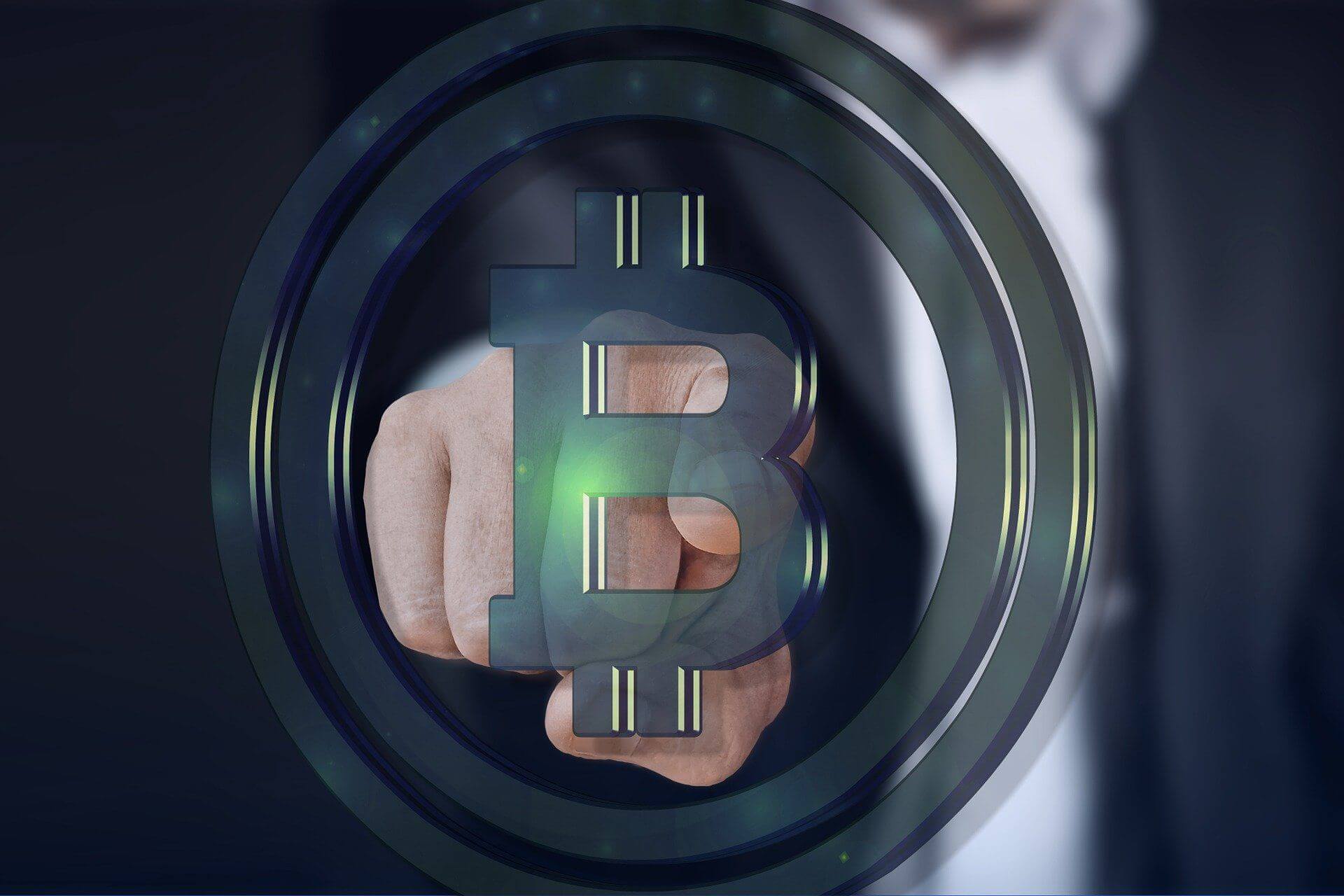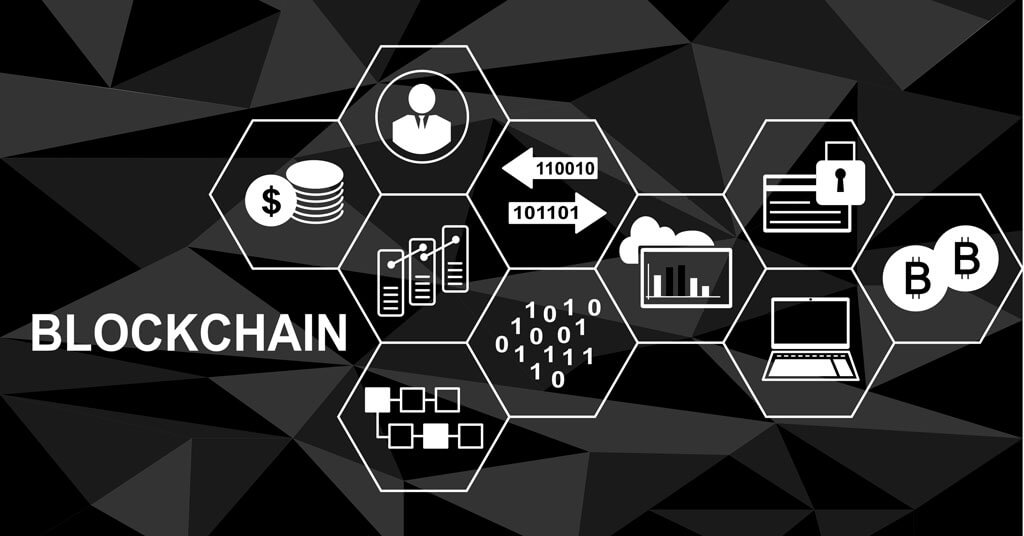
If you have a profile beyond the technical community, you may have read stories on how blockchain will shift the game rules in your company.
There is a discussion of the Internet Technological Revolution or the Internet of Value. But what’s behind all this stuff? Is there one more fashion? While it may seem like a fad, blockchain carries with it a modern technical concept that will transform our way of relating.
What is Blockchain?
A database or blockchain is just a database where documents are kept and “distributed” or exchanged in multiple locations.
Such documents can provide details of all sorts, including cash transfers, purchases of shares, patient waiting list appointments, or contracts between firms. They must be labeled with a particular characteristic hash and have a specificity: they are not predictable. A shift in one bit produces an entirely different hash.
This technology type is called Distributed Ledger Technologies (DLTs), and the Bitcoin Blockchain network is the most common. The technology that makes Bitcoin possible is blockchain, but it would be very wrong to believe that bitcoins are the only use of blockchain technology.
Why is the world about to transform?
While previously suggested, I think it is necessary to stress that the shift that blockchain presents us with is not a technical change, such as the transition from mainframe systems to distributed applications, or the use of NoSQL databases relative to more static relational databases.
In a globalized and ultimately linked society, blockchain is a paradigm change, a way of interpreting social ties.
Can you imagine, with all the promises, a transport infrastructure without any central entity? Could you envision an apartment network where supply and demand are closely linked? That’s what’s going to change the world truly. Below are some transformation experts of cheap essay help UK reveal in their research assignments.

- With blockchain, we will have decentralized ownership control: at the time of their creation, the presence of the items would be registered in the network, and the owner would be exchanged depending on sales.
- This will allow one to get a complete understanding of the products’ legal roots, the history of the goods, including information such as a record of incidents involving a vehicle, or the history of changes carried out on a property.
- Blockchain may facilitate the transition of ownership of the intellectual property to creators by providing a record of authorship of intellectual property (music, pictures, etc.) without controlling a central body and enabling the payment of licenses for use.
- Do you have an idea of how much time consumers are spending to stop a toll hike that they do not appreciate through calls to their service provider? Blockchain would authorize the hiring of service under unalterable public renewal terms, such that the cap could only be adjusted on the grounds of such incidents, such as greater or lesser use, loss of claims, or some other situation. All this without any unpleasant processes on the part of the customer and without a team of people participating.
- Blockchain was able to revolutionize the insurance industry, automate the charging of such allowances under public terms, and dynamically change the payments based on previously negotiated criteria.
- The field of Identity Management is one of the most exciting and transformative blockchain fields. For instance, we should care about the moment we pick up an order we have made online. We are asked to review the DNI upon arrival to verify that we are the person mentioned in the order.
- However, the dependent has access to our DNI, which includes far more information than our name: the name of our parents, the DNI number, the postal address, etc.
- The same thing happens when you hire a rental car. The Agency wants to know that I am of legal age and that I have the requisite license to drive the vehicle and that it does not need to know my current address or any other details on the license. Changing to an Identity Management paradigm that relies on capabilities will be very costly to adopt and retain now, as only mechanisms that produce and hold information up-to-date in all applications concerned would have a very high cost. It would be much easier to build this model using blockchain technologies, as it would allow users to access their information in a protected way.
- It is precisely the protection of the blockchain and the global design that will also be decisive for democratizing modern sensor-based authentication methods such as fingerprint, iris or voice recognition.
These methods create a world of business options that are currently very restricted because of the information they handle.
Conclusion
As we can see, there are practically endless possibilities for DLT technologies that affect all business areas that we can think of, and some new ones that are yet to appear.
As influential as the Internet was, we might be facing a transition. But the most exciting thing is that to describe and walk it is a road.
“We already know the technology of the future; it is what today we call science fiction.”
It might be an excessive sentence, but if you go back 10 years and revisit the innovations that promised a similar revolution, you might be shocked to see Big Data, social networks, strong hard drives, cloud computing, and ebooks, and 3D “dreams.”
With full protection, we would be shocked in some years that we have questioned the future of the DLT paradigm.